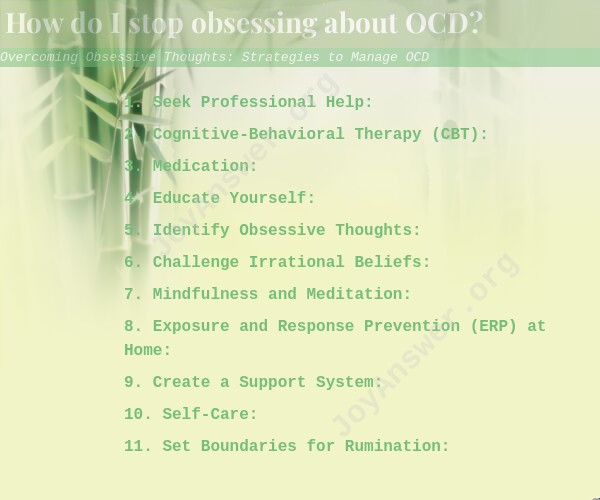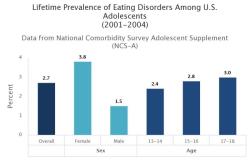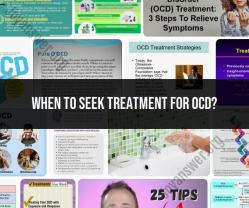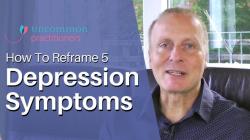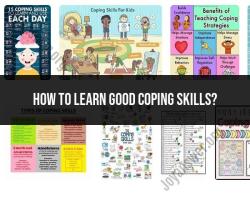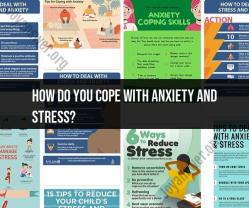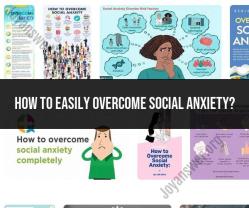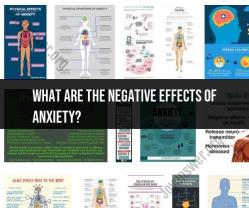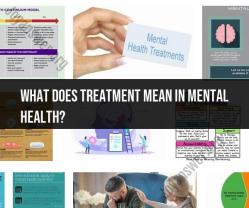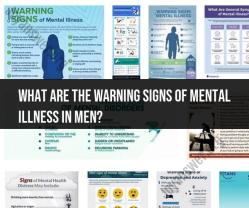How do I stop obsessing about OCD?
Overcoming obsessive thoughts associated with Obsessive-Compulsive Disorder (OCD) can be challenging, but it is possible with the right strategies and support. Here are some steps to help you manage and reduce obsessive thoughts:
1. Seek Professional Help:
- Consult with a mental health professional, such as a therapist or psychiatrist, who specializes in OCD. They can provide a proper diagnosis and tailored treatment plan.
2. Cognitive-Behavioral Therapy (CBT):
- CBT, especially Exposure and Response Prevention (ERP), is a highly effective treatment for OCD. It involves gradually exposing yourself to your obsessions and resisting the urge to perform compulsions. A therapist can guide you through this process.
3. Medication:
- In some cases, medication, such as selective serotonin reuptake inhibitors (SSRIs), may be prescribed to help reduce the intensity of obsessive thoughts. Consult a psychiatrist for medication options.
4. Educate Yourself:
- Learn about OCD to better understand your condition. Knowledge can help you distinguish between irrational thoughts and reality.
5. Identify Obsessive Thoughts:
- Keep a journal to track your obsessive thoughts. Note when they occur, the content of the thoughts, and your emotional state at the time.
6. Challenge Irrational Beliefs:
- Practice cognitive restructuring. Challenge the irrational beliefs that fuel your obsessions by asking yourself questions like, "Is this thought based on evidence?" or "What's the worst-case scenario, and how likely is it to happen?"
7. Mindfulness and Meditation:
- Mindfulness techniques and meditation can help you stay present and reduce the intensity of obsessive thoughts. Mindfulness encourages acceptance without judgment.
8. Exposure and Response Prevention (ERP) at Home:
- Work with your therapist to design ERP exercises that you can practice at home. Gradually expose yourself to your triggers and resist compulsions in controlled situations.
9. Create a Support System:
- Talk to trusted friends and family members about your struggles. Having a support system can provide emotional support and understanding.
10. Self-Care:- Prioritize self-care activities like exercise, a balanced diet, adequate sleep, and relaxation techniques. Physical health can impact mental health.
11. Set Boundaries for Rumination:- Limit the time you spend ruminating on obsessive thoughts. Allocate a specific time each day for "worry time" and try to contain your obsessing to that period.
12. Stay Consistent:- Consistency is key in managing OCD. Stick to your treatment plan, practice coping strategies, and don't get discouraged if progress is slow.
13. Avoid Alcohol and Recreational Drugs:- Substances can exacerbate OCD symptoms. Limit or avoid their use.
14. Join a Support Group:- Consider joining an OCD support group to connect with others who understand your struggles.
Remember that recovery from OCD is a gradual process, and setbacks are normal. Continue working with your therapist and practicing the strategies that work best for you. Patience and persistence are crucial in managing obsessive thoughts and regaining control over your life.
